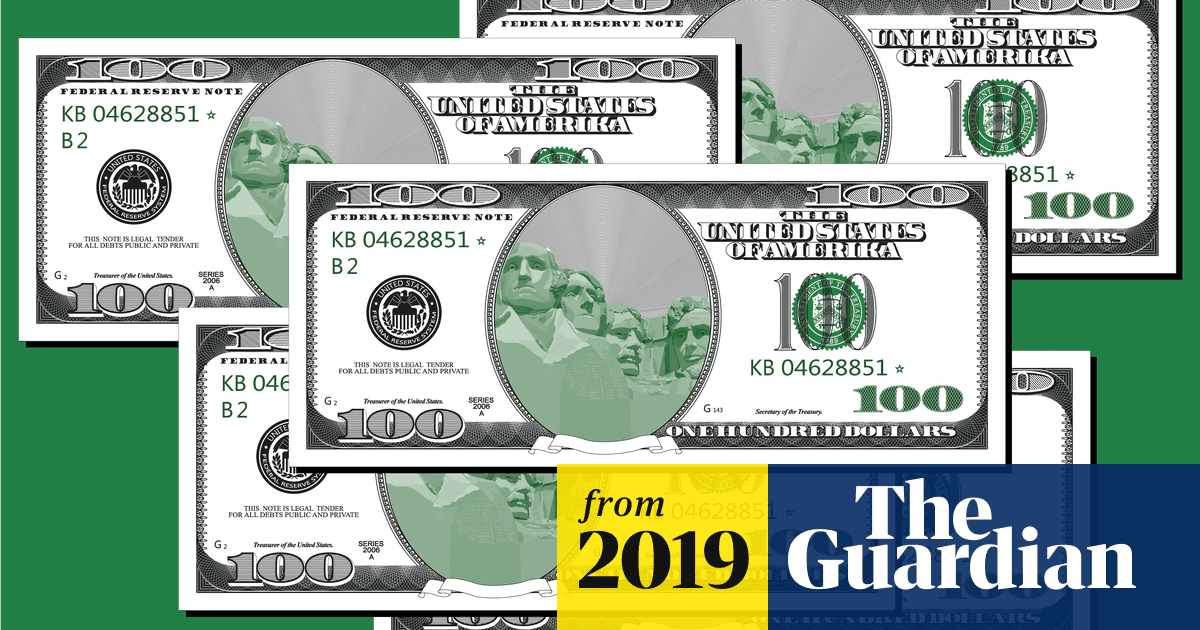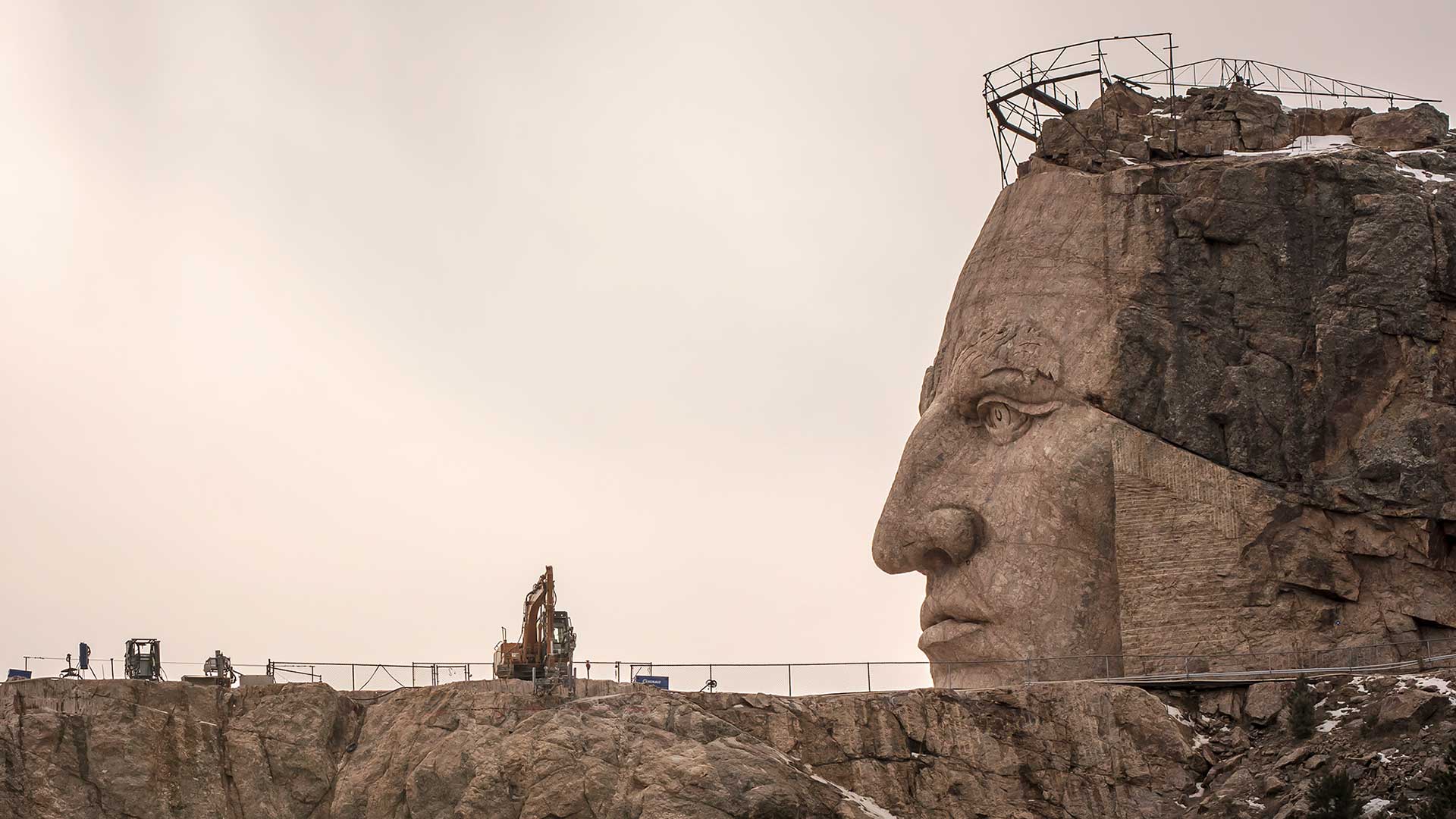As far as I can understand it, it's actually worse than offshore tax havens.
It sounds as if it means any sufficiently rich family can replicate what Lizzie and the Windsors have (wealth sheltered and untouchable for generation-after-generation, never to be eroded by inheritence tax or even divorce settlements). Just without the price the Royals pay of having to become a living soap opera for everyone else's entertainment.
Isn't this a recipe for ever-increasing stratification?

 www.theguardian.com
www.theguardian.com
It sounds as if it means any sufficiently rich family can replicate what Lizzie and the Windsors have (wealth sheltered and untouchable for generation-after-generation, never to be eroded by inheritence tax or even divorce settlements). Just without the price the Royals pay of having to become a living soap opera for everyone else's entertainment.
Isn't this a recipe for ever-increasing stratification?

The great American tax haven: why the super-rich love South Dakota
The long read: South Dakota is known for being the home of Mount Rushmore – and not much else. But thanks to its relish for deregulation, the state is fast becoming the most profitable place for the mega-wealthy to park their billions




